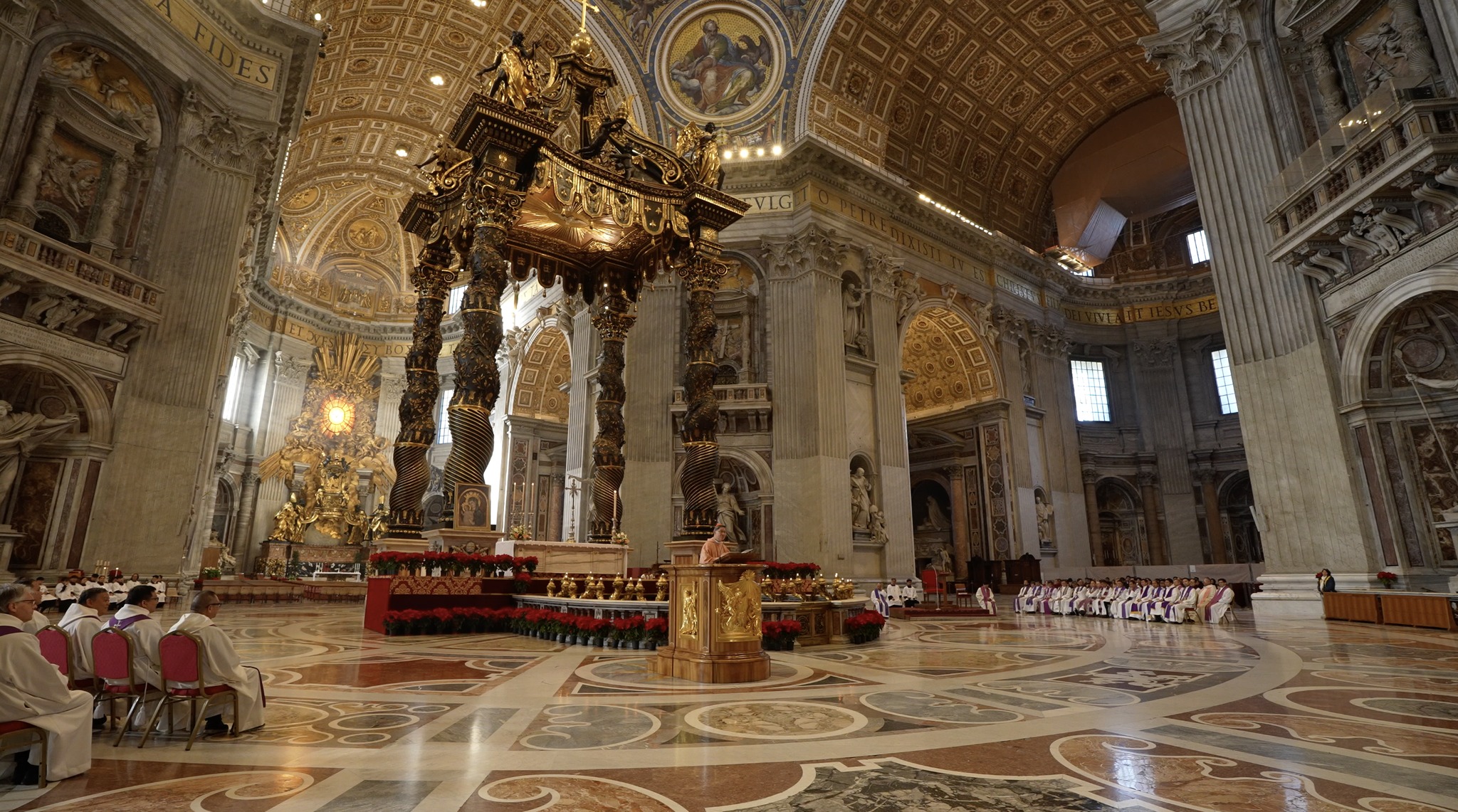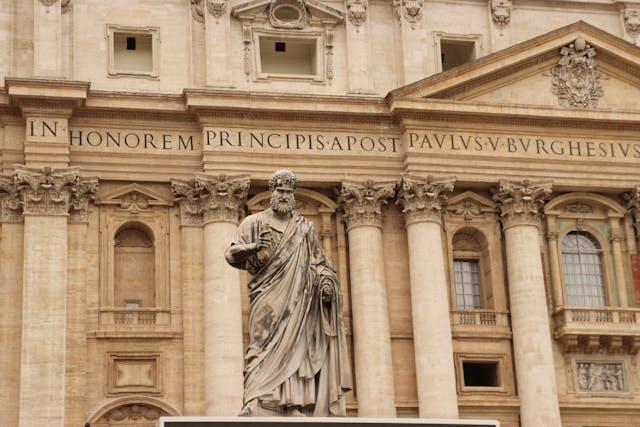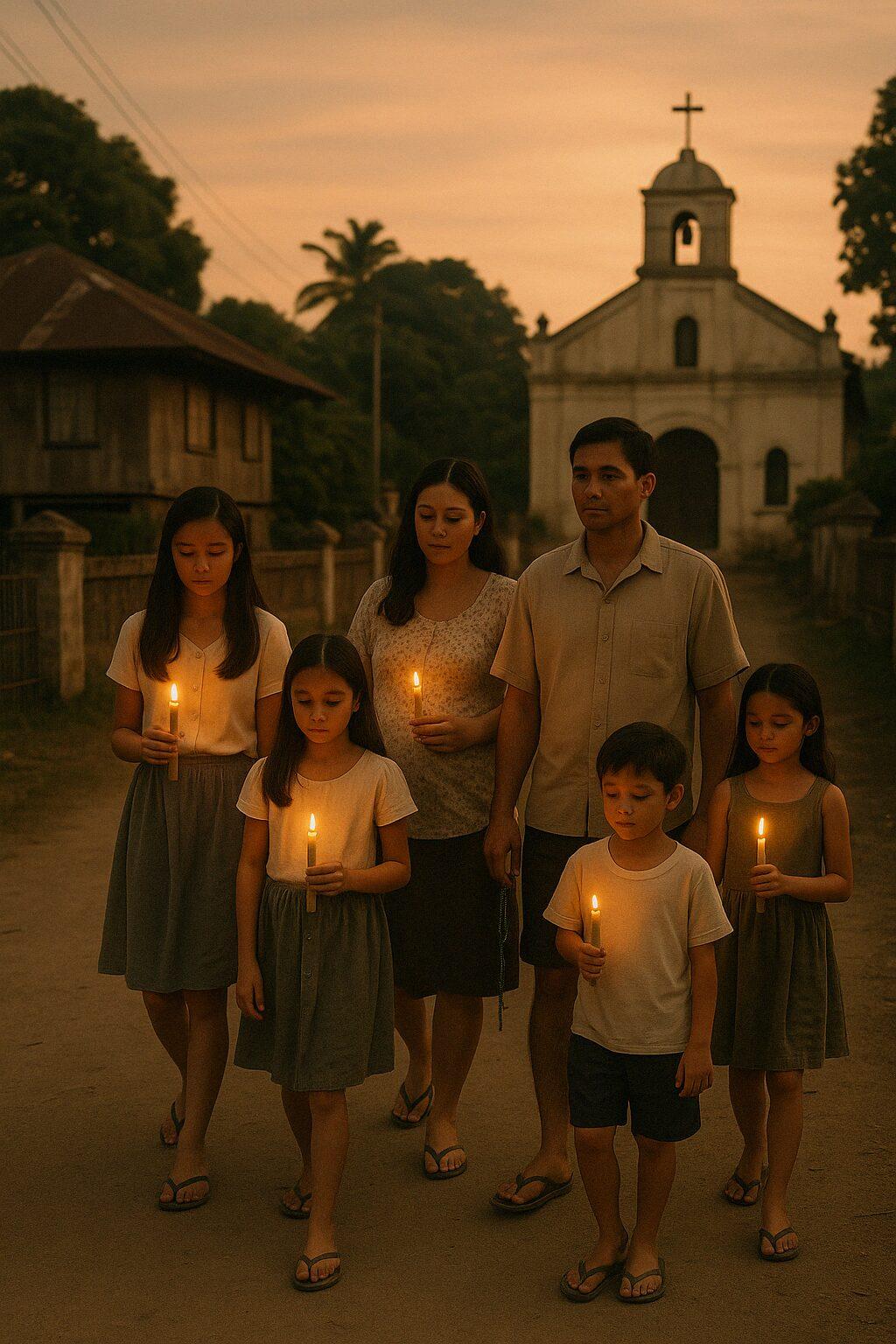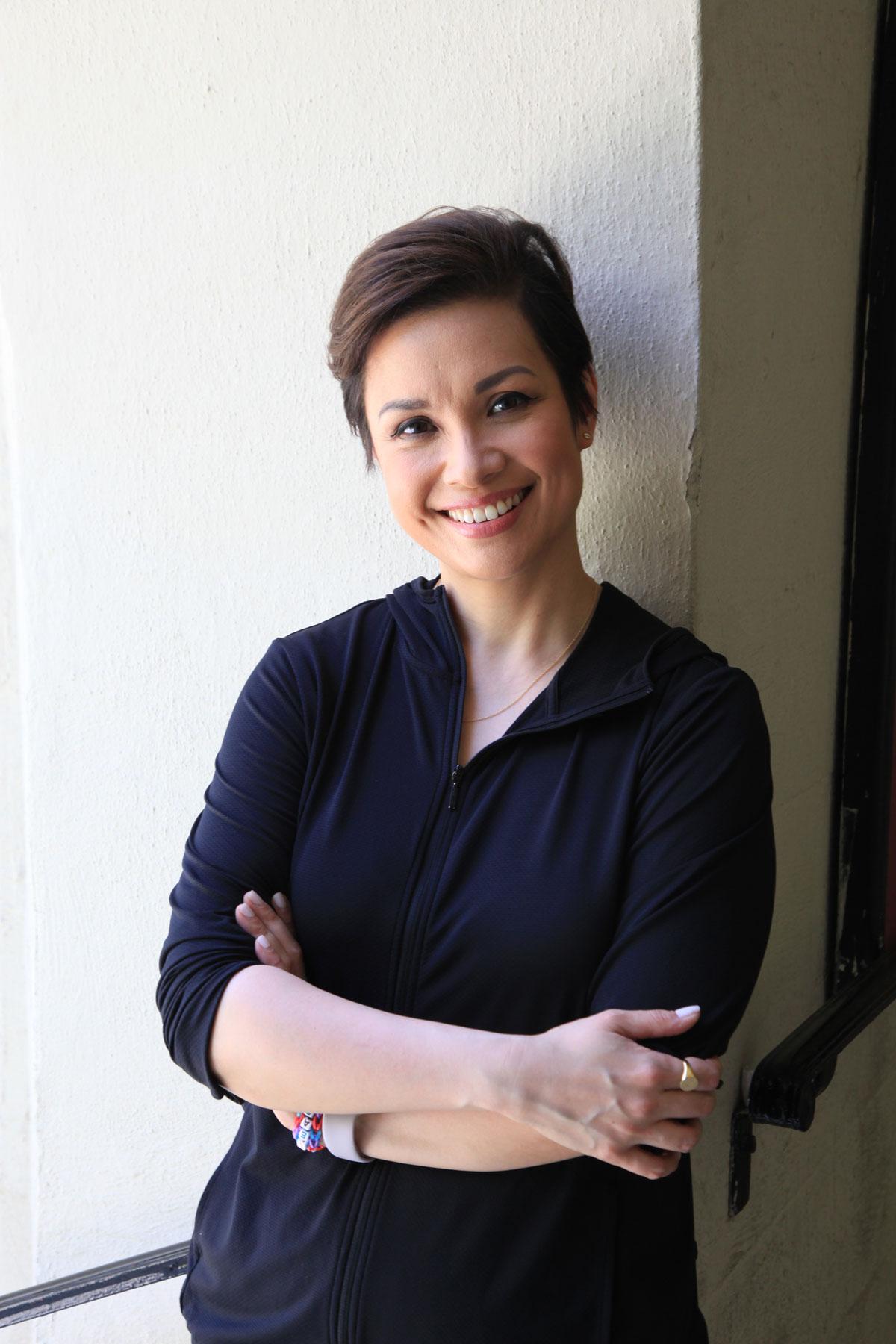As the health of Pope Francis remains a critical concern, attention in the Catholic world is shifting toward the future leadership of the Church. With the pontiff grappling with ongoing health issues, the possibility of a papal transition has led many to consider the candidates who could step in to lead the Catholic Church into the next chapter. Among the most talked-about figures is Cardinal Luis Antonio Tagle, the Filipino prelate who has risen to prominence within the Vatican.
A Journey of Faith and Leadership
Luis Antonio Tagle, born on June 21, 1957, in Manila, Philippines, has long been recognized for his deep theological insight, pastoral care, and commitment to the Church’s social mission. Ordained as a priest in 1982, Tagle quickly garnered attention for his ability to blend intellectual rigor with a deep connection to the people, particularly the marginalized. His academic pursuits led him to earn a doctorate in theology from the prestigious Pontifical Gregorian University in Rome.
Tagle’s ecclesiastical career began with his appointment as Bishop of Imus in 2001, but it was in 2011, when he became the Archbishop of Manila, that his influence grew significantly. His focus on social justice, human dignity, and poverty alleviation earned him widespread admiration, both in the Philippines and around the globe. In 2012, Pope Benedict XVI elevated him to the College of Cardinals, marking the beginning of his significant involvement in the Vatican’s leadership.
Since 2019, Cardinal Tagle has served as the Prefect of the Congregation for the Evangelization of Peoples, a position that placed him at the helm of global missionary efforts, particularly in regions with significant Catholic minority populations such as Asia and Africa. His outreach to underrepresented regions and his focus on the Church’s global mission have further solidified his standing as one of the most influential Catholic figures worldwide.
Pope Francis’ Health Crisis and Vatican Preparations
At 88 years old, Pope Francis has been enduring a series of health challenges, most recently battling double pneumonia and mild kidney insufficiency. On February 14, 2025, the Vatican confirmed his hospitalization, where he has since received medical treatment including blood transfusions and high-flow oxygen therapy. Though Pope Francis remains alert and responsive, his prognosis remains uncertain, leading to growing speculation regarding his ability to continue with his papal duties.
As his health continues to fluctuate, the Vatican has been quietly making preparations for a potential transition. Cardinal Giovanni Battista Re, the Dean of the College of Cardinals, has had his term extended, a move that indicates the Vatican’s readiness for the possibility of a papal vacancy. Reports also suggest that the Swiss Guard has begun rehearsing funeral protocols—a significant and customary step in ensuring the Church is prepared for what lies ahead.
The Process of Papal Succession
Should Pope Francis be unable to continue his duties, the College of Cardinals would convene a conclave to elect a new pope. The process, which follows a strict set of procedures, requires that only cardinals under the age of 80 are eligible to vote, and a two-thirds majority is required to elect a successor. The conclave is held in secrecy, with ballots cast until a candidate emerges who commands broad support from the cardinals.
While the conclave process is steeped in tradition, it is also a moment of prayer and reflection, as the cardinals discern who is best suited to lead the Catholic Church through its next era. The decision on who will succeed Pope Francis is particularly significant, given the legacy of reform and inclusivity that Pope Francis has built during his papacy.
Cardinal Tagle: A Leading Contender
Among the many names being mentioned as potential papal candidates, Cardinal Tagle has emerged as one of the front-runners. Known for his pastoral compassion, theological depth, and commitment to global outreach, Tagle’s leadership has earned him the respect of his peers both in the Vatican and across the Catholic world.
If elected, Tagle would make history as the first pope from Asia in the modern era, reflecting the Church’s growing presence in the global South, particularly in regions like Asia and Africa, where the Catholic population is expanding rapidly. His focus on social justice and his tireless missionary work align with Pope Francis’ vision of a Church that serves the poor, marginalized, and vulnerable.
However, while many see Cardinal Tagle as the natural successor to Pope Francis, his candidacy is not without challenges. Conservative factions within the Church may view his progressive stance on issues such as climate change, poverty alleviation, and the rights of marginalized groups as too closely aligned with Pope Francis’ agenda. The choice of the next pope will ultimately reflect whether the Church chooses to continue in the direction set by Pope Francis or whether it takes a more conservative turn.
Other Contenders for the Papacy
While Cardinal Tagle is a strong contender, there are other key figures who are also seen as potential successors. Among them is Cardinal Pietro Parolin, the current Secretary of State of the Vatican. A seasoned diplomat and close collaborator of Pope Francis, Parolin is highly regarded for his leadership in Vatican affairs and his ability to navigate the complex global landscape of the Church. His experience and pragmatic approach to governance make him a popular choice among those who may seek a more traditional path for the Church.
Another figure frequently mentioned is Cardinal Robert Sarah, the Guinean prelate who has been a strong advocate for liturgical reforms and a more traditional approach to the Church. Sarah’s conservative views, particularly on the issues of marriage, the family, and the role of women in the Church, could appeal to those who wish to see a shift back toward more traditional doctrines and practices.
Lastly, Cardinal Jean-Claude Hollerich, the Archbishop of Luxembourg and President of the Commission of the Bishops’ Conferences of the European Union, is another figure whose name has been floated as a potential candidate. Known for his work on the Synod on Synodality, Hollerich is seen as a reform-minded cardinal who could carry forward Pope Francis’ legacy of inclusivity and dialogue within the Church.
Looking to the Future: What’s at Stake
As the Vatican braces for the potential transition of leadership, the future of the Catholic Church hangs in the balance. Will the Church continue its progressive focus on social justice, inclusivity, and outreach to the marginalized, or will it return to more traditional doctrines and practices?






